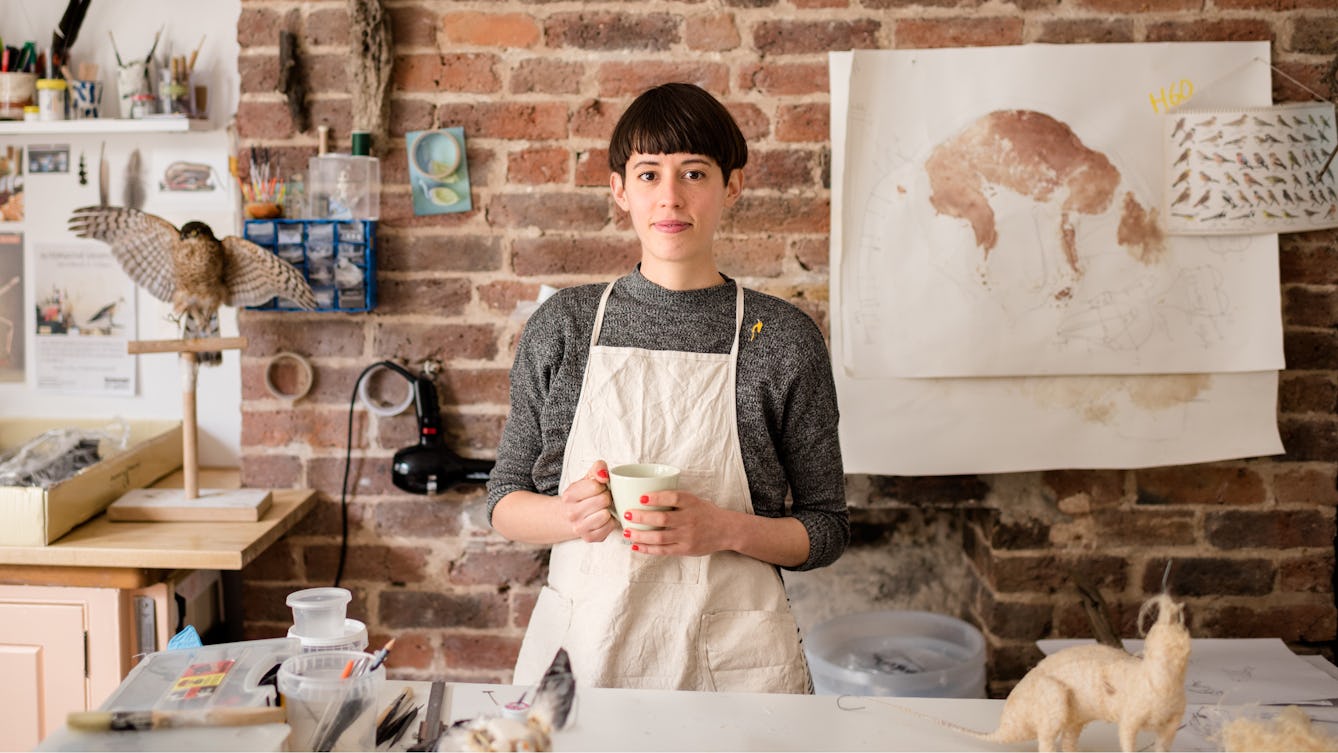
- Article
- Article
The intimate and invasive art of ethical taxidermy
Does displaying dead animals bring us closer to nature, or drive us further apart?

- Article
- Article
Believe yourself better
There’s more to recovery than medication. In future, our unconscious minds could be recruited to put a positive spin on our health problems, helping us feel better faster.

- Article
- Article
When self-deception becomes global hoax
Being deceived isn’t always a case of believing someone else’s lie. Experiments have shown that many of us can be manipulated into accepting our own fictions as true.

- Article
- Article
Manipulating the evidence with deepfake technology
How can you be sure that the person speaking on the screen is genuine? Find out how sophisticated digital manipulation is blurring the boundaries between real and ‘deepfake’.
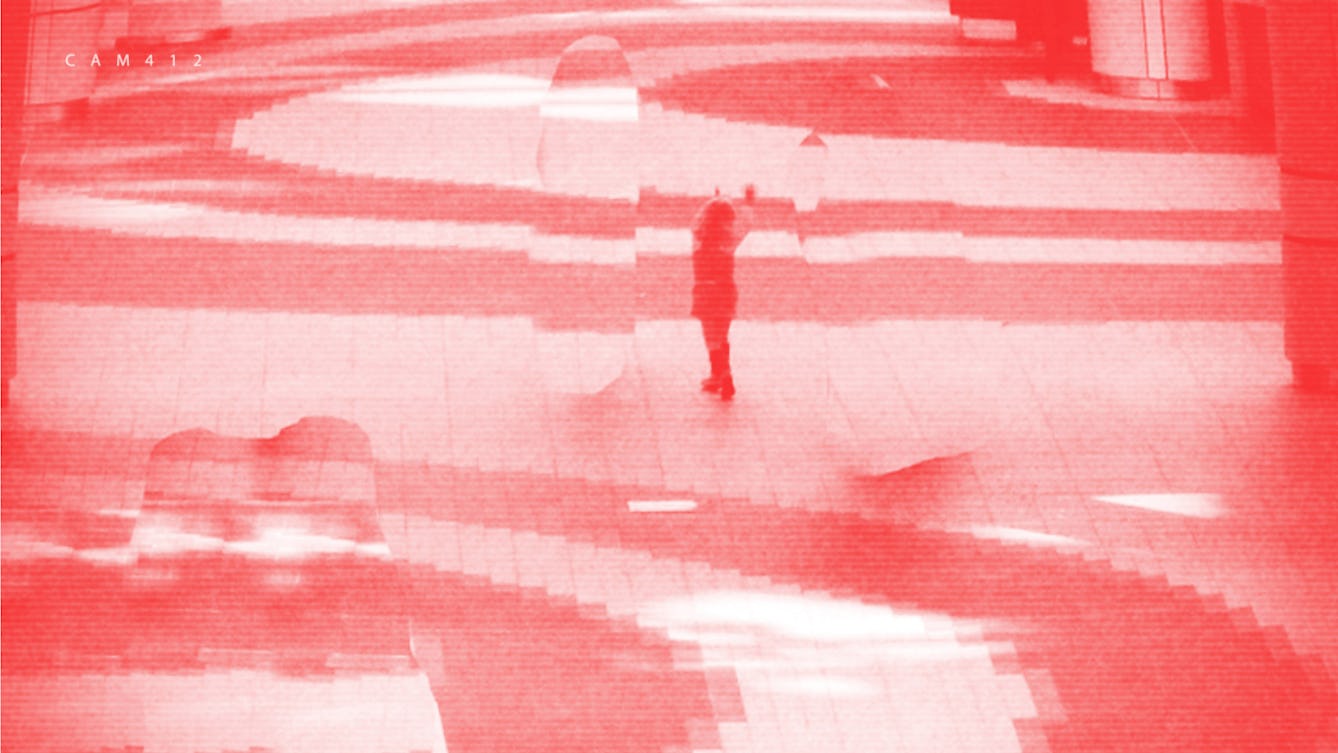
- Article
- Article
Lost in the mall and other false memories
How can you remember an event that never took place? Find out how manipulation, misinformation and coercion can plant false memories in your mind.

- Article
- Article
Rose Mackenberg’s deceptive activism
Discover how a New York private investigator became part of Houdini’s mission to expose the fraudulent mediums making money from their vulnerable, grieving clients.
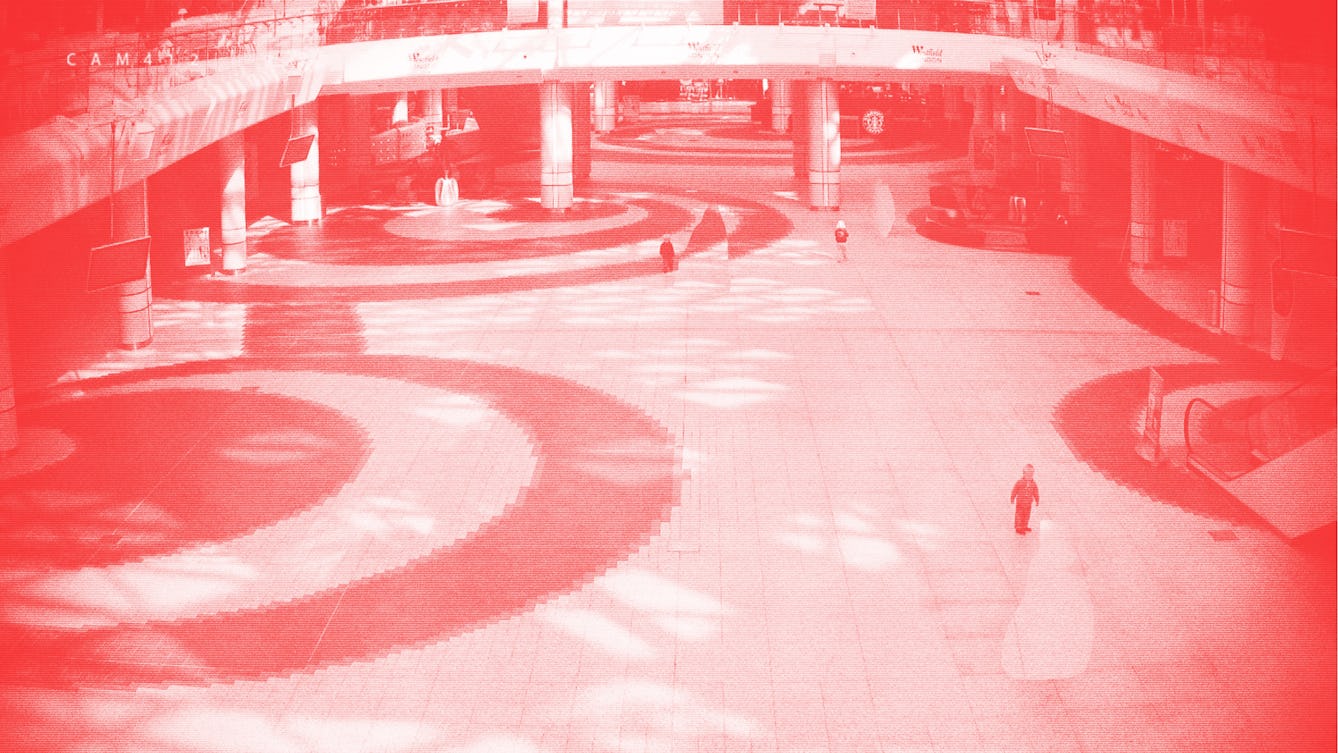
- Article
- Article
Is fake news killing fictive art?
Parafictional artists create projects where the imaginary interacts with real life. But the growth of so-called ‘fake news’ is providing a new challenge.
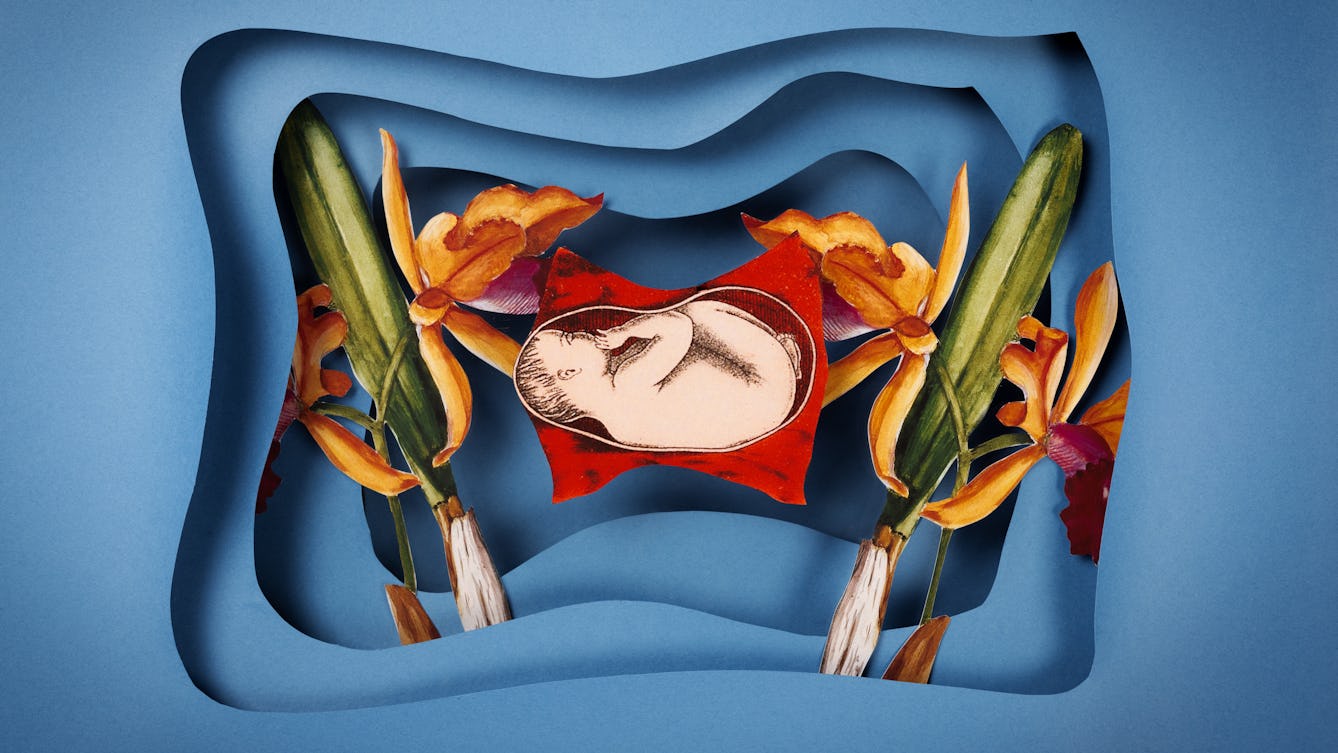
- Book extract
- Book extract
Of incubators, orchids and artificial wombs
In this extract from Claire Horn’s new book, ‘Eve: The Disobedient Future of Birth’, she traces the development of the artificial womb, soon to become a reality.
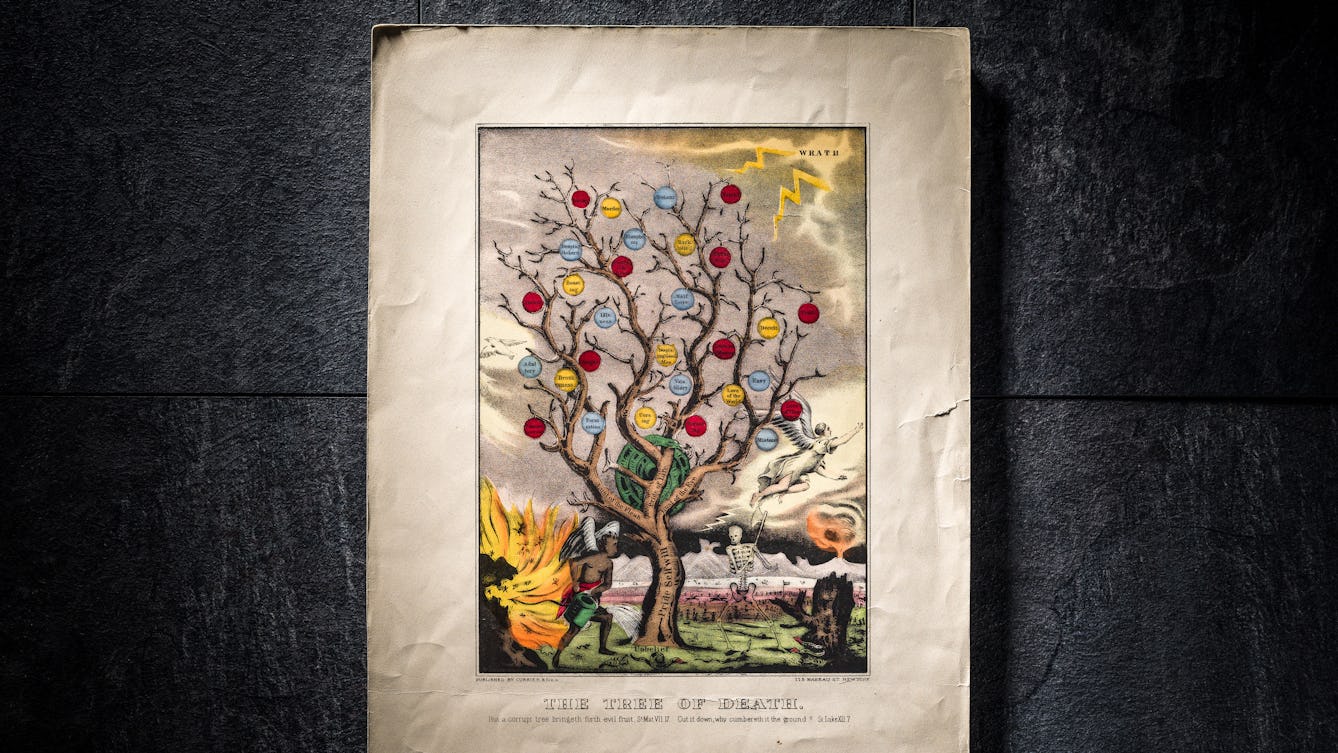
- Article
- Article
Why all of us are evil
Science proves that we’re all capable of evil: your secret fantasy about killing someone you hate is surprisingly normal. But the way to better moral choices is to fight emotional instinct.
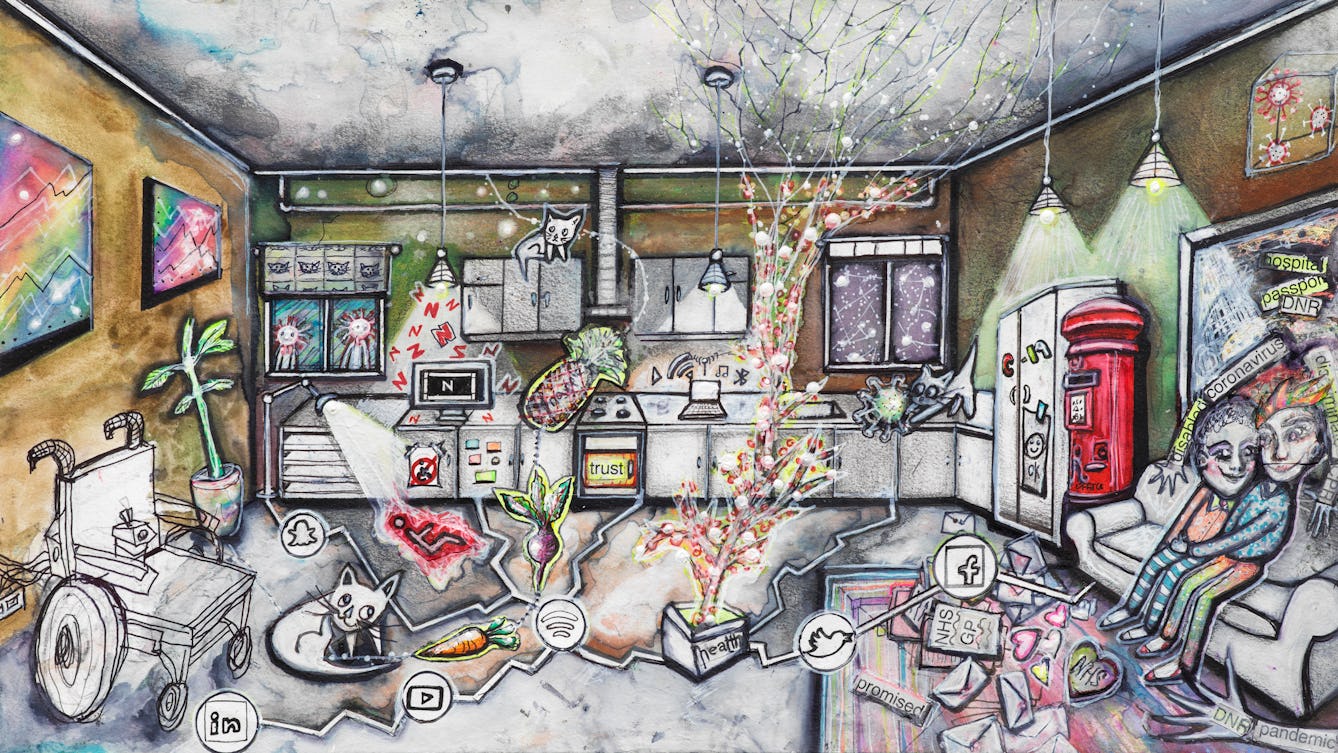
- Article
- Article
Lying low for lockdown and beyond
For Liz Carr the chances of catching Covid-19 are the same as for anyone else, but as a Disabled person she's at much greater risk of not getting the treatment she needs if she falls ill.
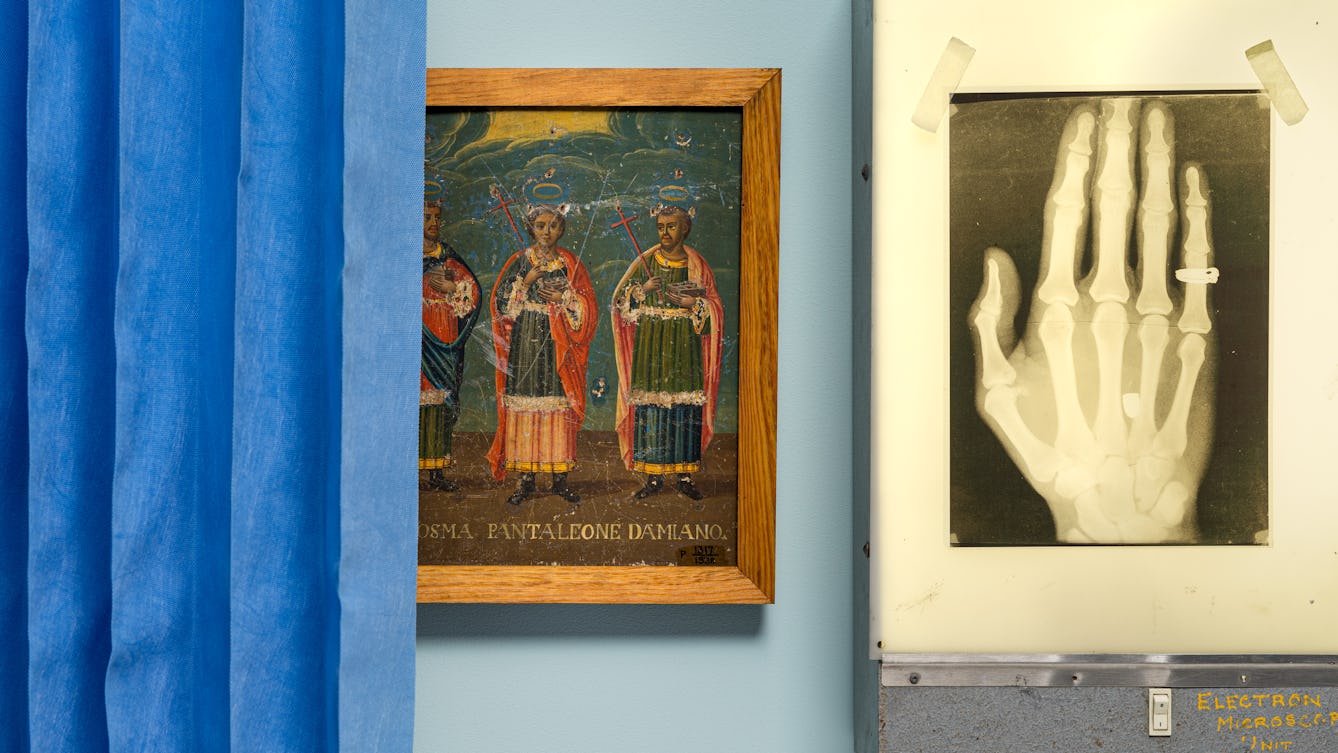
- Article
- Article
The ancient doctors who refused payment
The NHS might only be 70 years old, but the idea of free healthcare goes back to Ancient Greece, when devout doctors provided their services without charge.

- Article
- Article
Duelling doctors
An enduring enthusiasm for 18th-century gentlemen to defend their ‘honour’ by duelling placed doctors in a delicate position. Specially when they faced being shot themselves.

- Article
- Article
The tale of the toxic kidneys
In 1954 a serendipitous coming together of skills and circumstances allowed the first successful organ transplant to take place. Read how Richard Herrick’s life was prolonged by his identical twin’s generosity.

- Article
- Article
Rethinking the placebo effect
The placebo effect has long been harnessed for both legitimate and fraudulent use, but we’re only just discovering how and why our bodies respond positively to dummy drugs, as Anjuli Sharma reveals.
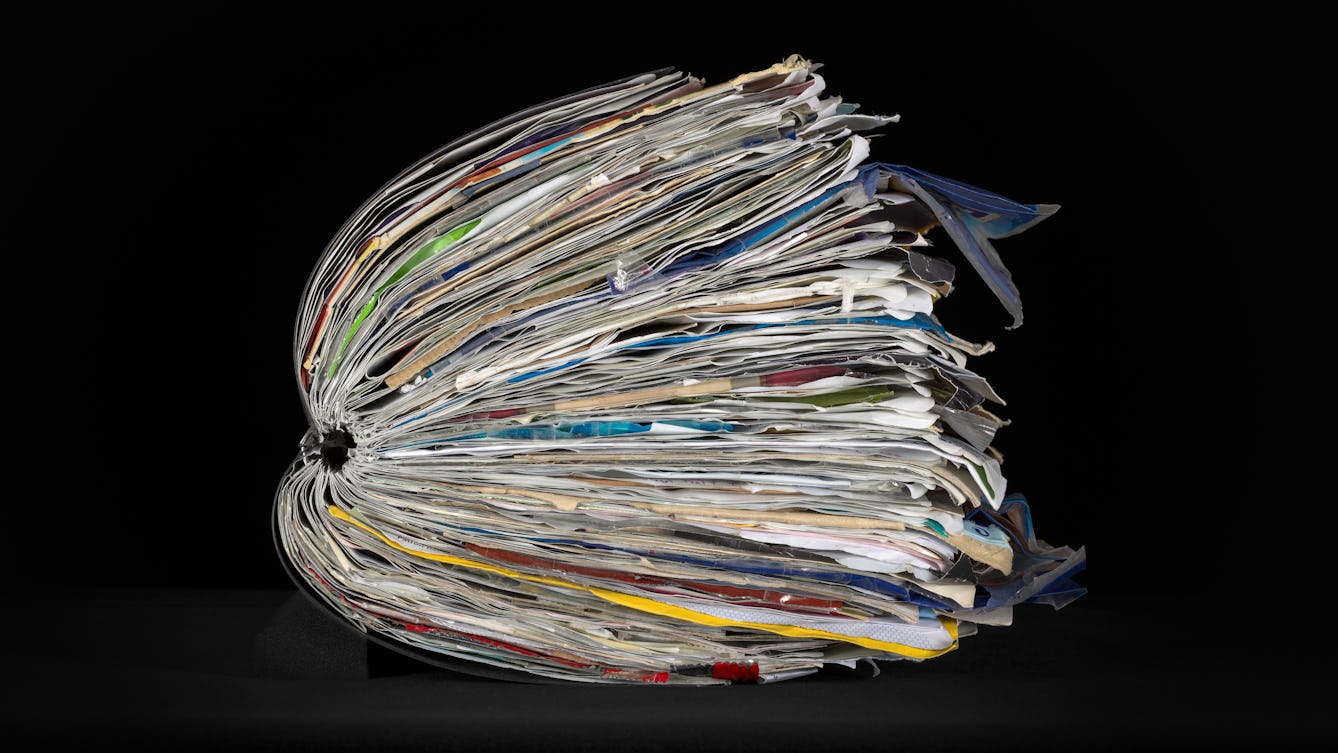
- Article
- Article
Who was Audrey Amiss?
Elena Carter introduces the vast collection left behind by artist Audrey Amiss, who documented her life in astonishing detail.
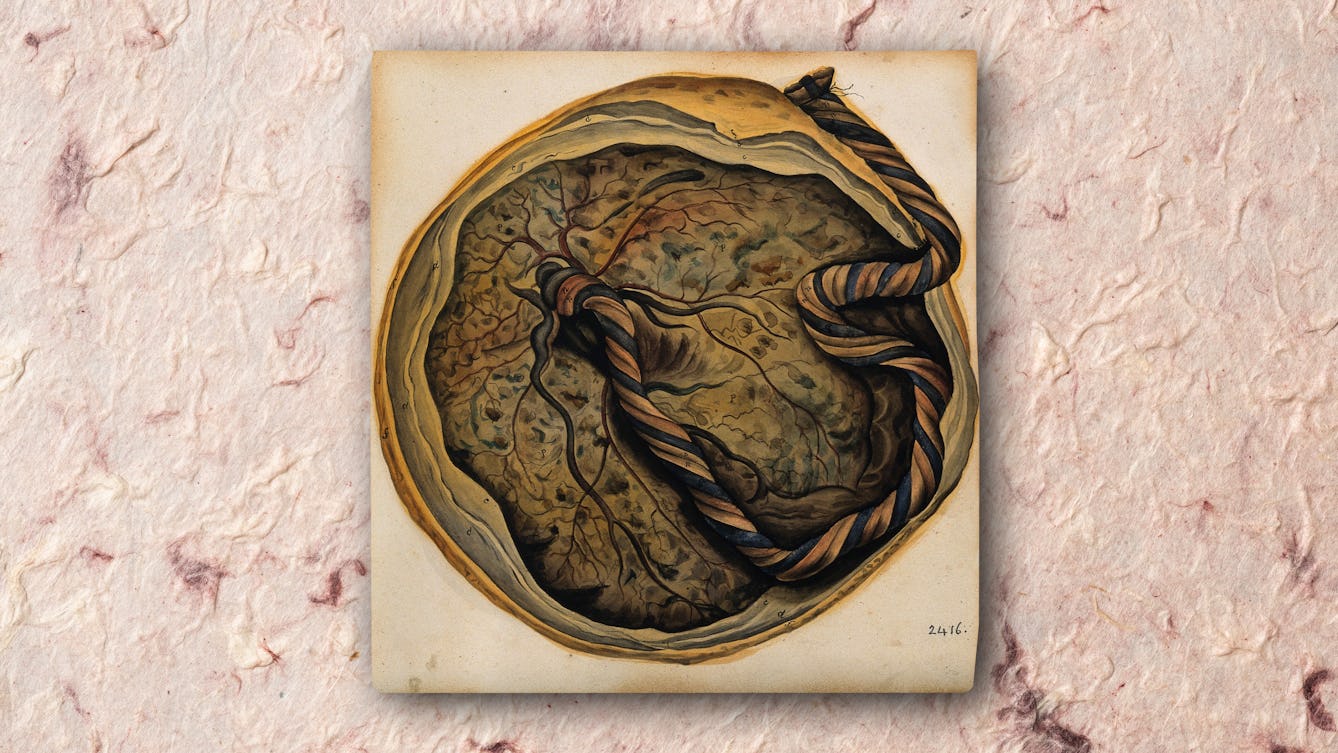
- Article
- Article
Womb milk and the puzzle of the placenta
A human baby needs milk to survive – and this holds true even before it’s born. Joanna Wolfarth explores “womb milk”, as well as ancient and modern ideas about the placenta.

- Article
- Article
A history of gestation outside the body
It’s been over 400 years since a Swiss alchemist theorised that foetuses could develop outside the womb. Claire Horn examines incubator technology past and present, and explores the possibilities recent prototypes might bring.

- Article
- Article
Drug sharing in desperate times
When Nicole was threatened with deportation, her mental health deteriorated. Now without a job, a passport or a doctor, she depends on others to send her their leftover anxiety drugs.

- Article
- Article
An animated almanac for the modern world
Discover why Thomas Coleman wanted to make a medieval folding almanac relevant to the modern world and see the film for yourself.

- Photo story
- Photo story
From chef’s whites to medical scrubs
Meet the machinists who have rapidly switched from making clothing for hospitality staff to uniforms for hospital workers.
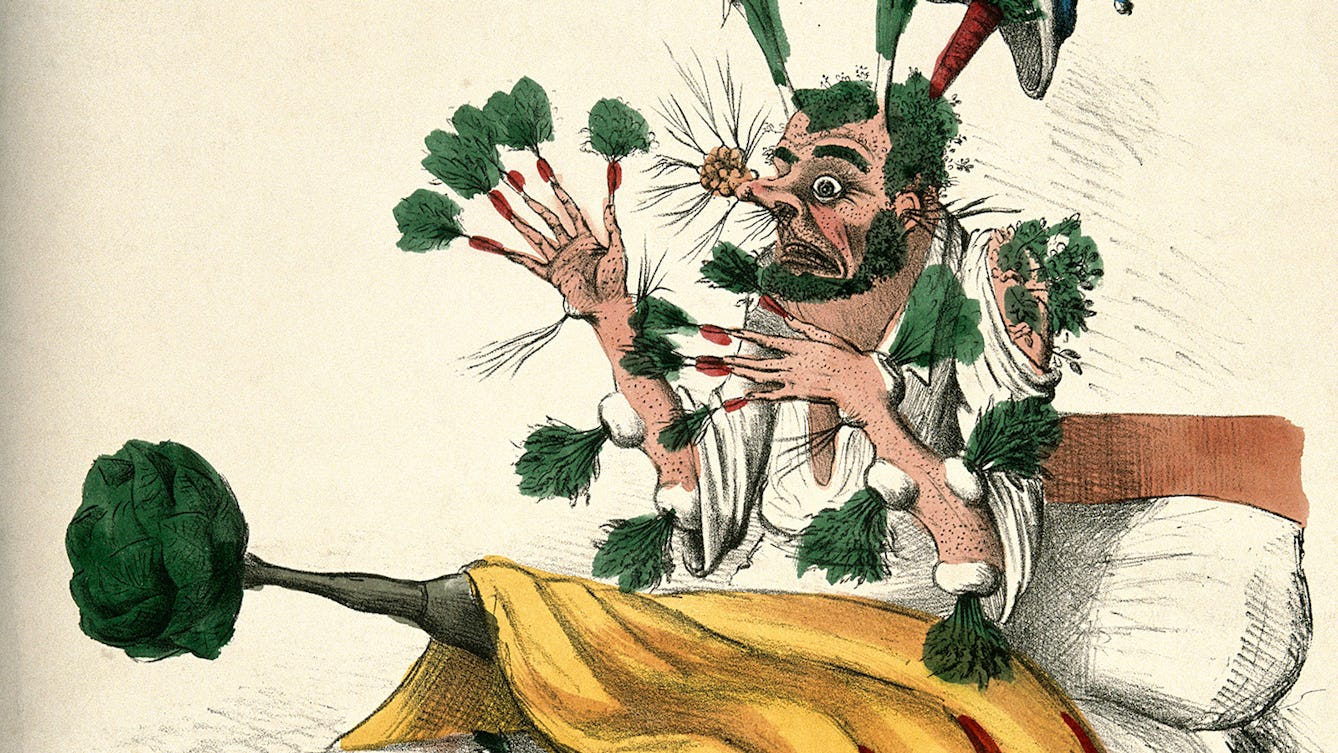
- Article
- Article
Graphic battles in pharmacy
James Morison’s campaign against the medical establishment inspired a wave of caricatures mocking his quack medicine.
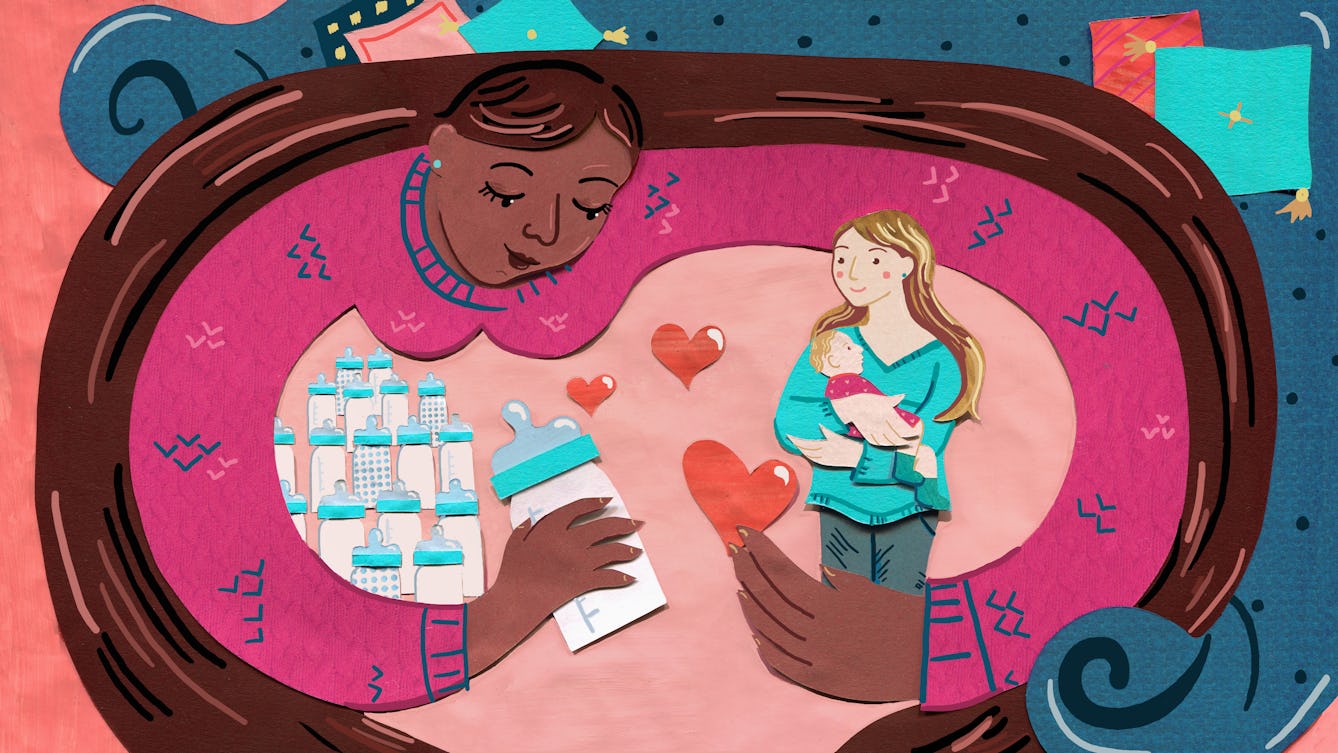
- Article
- Article
Mixed feelings and milk siblings
A friend in need has a profound effect on Alev’s feelings about women sharing their milk in this final instalment of ‘The Breastmilk Market’.
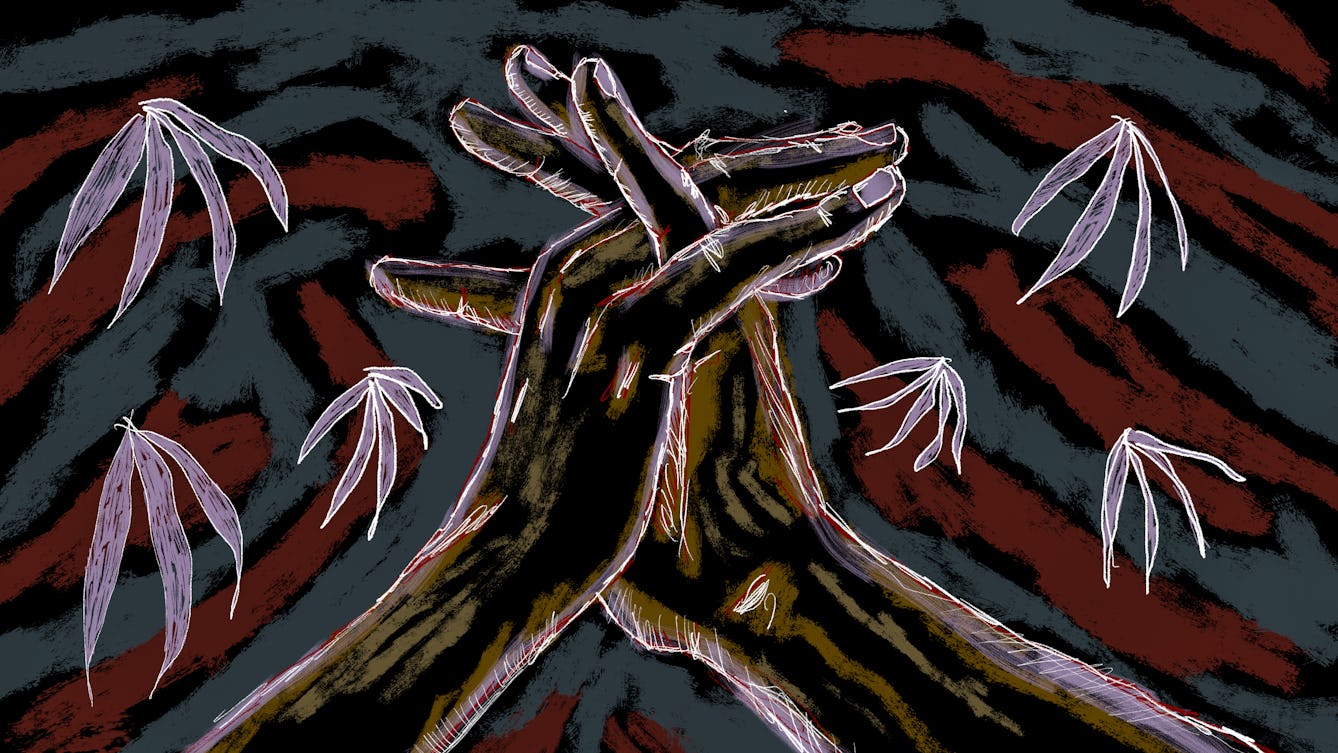
- Article
- Article
Surviving as a working-class woman without work
An enforced period of unemployment was extremely tough for Claire Hart, a working-class woman with a strong work ethic. Here she describes her feelings during this difficult time.

- Article
- Article
The life and death of Tamagotchi and the virtual pet
Discover how the 1990s craze for Tamagotchis became a flood of robotic and virtual pets, sending their owners on an emotional rollercoaster ride.
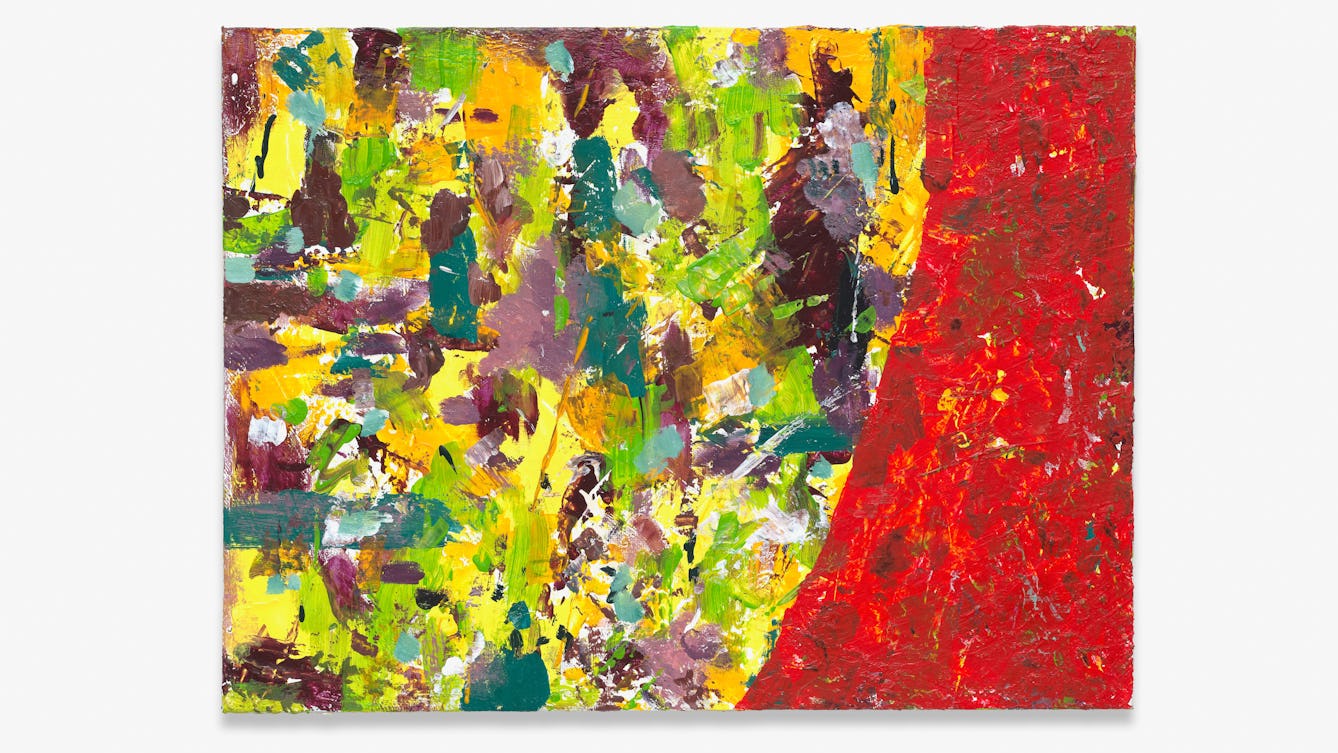
- Article
- Article
The boundaries that shape my writing
While writing about her life can be enormously helpful, Caroline Butterwick needs to regularly reassess her boundaries. Here she explores the line between what’s public and what’s private, and how porous that can be.